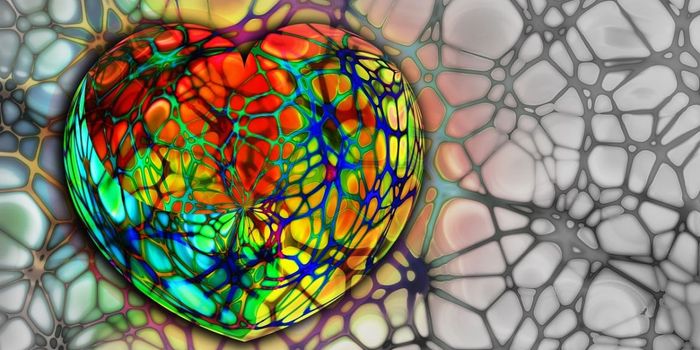Drumming Positively Impacts the Functioning of Youth with Autism
A study published in Neuroscience explored the effects of drumming on the behavior and brain functioning of autistic teens. The researchers found that drumming for 90 minutes a week reduced hyperactivity and attention deficit in adolescents with autism. Learning musical patterns with tempo, volume, and timing increased the functional connectivity in brain regions responsible for inhibitory control, action-outcome monitoring and self-regulation.
The 32 participants, aged between 16 and 19 years old, had no drumming experience prior to the study. The experiential group received 8 weeks of drum instruction while a control group received no lessons. They completed a drumming assessment to establish ability and an MRI scan before and after the intervention, while the researchers interviewed the parents and guardians about recent behavioral and attention difficulties. The tests were repeated after the eight weeks of drum instruction.
Drumming is a psychically demanding activity that increases the drummer’s heart rate from 60 resting to 200 beats per minute and breaths from 15 to 50 per minute. In addition, regular drumming can change the function and structure of the cerebellum. The cerebellum plays a key role in movement coordination, working memory, response timing, motor control, action planning, and intentional control. The study revealed an increased functional connectivity in the right inferior frontal gyrus and the right dorsolateral prefrontal cortex. The observed increase in synchronized activity between brain regions resulted in a 47% increase in drumming performance and a 18% reduction in error in the experimental group. The positive effects of drumming on behavior and focus also have significant implications for therapeutic approaches, and activities like drumming that combine complex psychological tasks with physical exertion can dramatically help patients with brain disorders.
These findings are significant for those researching autism with attention to empathy and emotional recognition that can be impacted in stroke, brain disorder, and traumatic brain injury patients.
Sources:
Neuroscience, University of Chichester
Can Drumming Improve Brain Function in Autism? | Clem Burke Drumming Project








